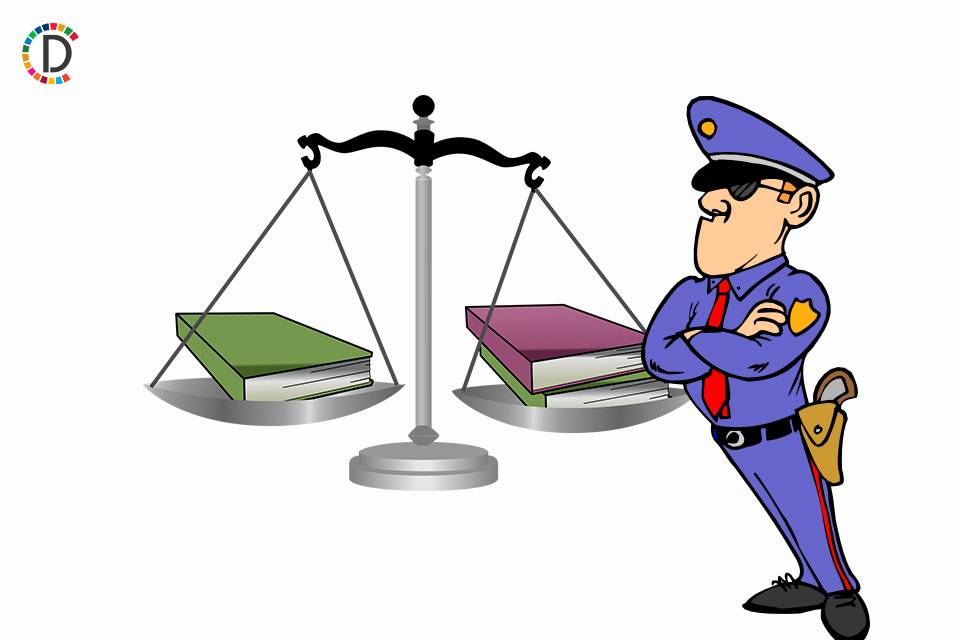Airbus wins reprieve from Canadian sanctions on Russian titanium
Canada has granted Airbus a waiver to allow it to use Russian titanium in its manufacturing after becoming the first Western government to ban supplies of the strategic metal in the latest package of measures triggered by the war in Ukraine. The move gives Airbus flexibility in its Canadian plants and is expected to allay concerns that its core operations could be hit by effectively banning the import to Canada of European-built long-range jets that rely most heavily on titanium.

Canada has granted Airbus a waiver to allow it to use Russian titanium in its manufacturing after becoming the first Western government to ban supplies of the strategic metal in the latest package of measures triggered by the war in Ukraine.
The move gives Airbus flexibility in its Canadian plants and is expected to allay concerns that its core operations could be hit by effectively banning the import to Canada of European-built long-range jets that rely most heavily on titanium. Russian state-backed VSMPO-AVISMA has for years been the industry's largest titanium supplier.
"Airbus is aware of the Canadian government imposing sanctions on VSMPO and has obtained the necessary authorisation to secure Airbus operations in compliance with the applicable sanctions," Airbus Canada said in response to a Reuters query. It did not elaborate on the approvals or say how long they would remain in effect. The Canadian government did not respond to requests for comment.
Imports of titanium from the aerospace industry's largest historical supplier were left off the Western sanctions list after Russia invaded Ukraine, with Airbus arguing that banning imports would backfire economically while barely hurting Russia. But Canada broke ranks with other aerospace nations in February, when it included VSMPO-AVISMA in a list of entities banned for alleged ties to Russia's military-industrial complex.
Experts say titanium is mainly used in large lightweight airliners like the Airbus A350 or Boeing 787 rather than the smaller Airbus A220, which is assembled partly in Canada. But the restrictions have raised alarm bells among suppliers because they could prevent a foreign-built jet containing Russian titanium being imported to Canada barring an exemption.
Industry sources said Airbus had sought a permit from the Canadian government allowing it to tackle such risks. Earlier on Tuesday, the impact of the little-noticed rule change spread to the United States where supplier RTX announced a $175 million charge linked to the cost of replacing "U.S.- and German-based Russian-owned entities" from which it had been sourcing titanium for use in its Canadian operations.
SIGNIFICANT RISK Ottawa's stance is expected to raise the stakes in a debate over potential further sanctions targeting Russia's economy. Ukrainian President Volodymyr Zelenskiy has repeatedly called on Western governments to impose stronger economic sanctions.
Canada is home to a large and politically active Ukrainian diaspora and the government of Prime Minister Justin Trudeau has taken a notably hard line on Russia since the start of the conflict in 2022. Airbus says titanium accounts for a small part of Russia's exports but that cutting off supplies abruptly would "massively" damage Western aerospace. The debate intensified after March guidance on Canada's sanctions raised concern about the impact.
"Our own sanctions shouldn't cause so much harm that we end up damaging ourselves significantly," a source directly familiar with Canada's policy told Reuters. William Pellerin, a trade lawyer with McMillan in Canada, said the guidance created a "significant risk" for a Canadian carrier buying a foreign-built jet containing Russian titanium.
Airbus has pledged to accelerate plans to diversify supplies. Norway's Norsk Titanium said on Tuesday it had finalised a new agreement to supply the planemaker. Boeing said after the Ukraine invasion it had suspended purchases of titanium from Russia, though it has not said to what extent the metal is still used in its supply chain.
A spokesperson said on Tuesday it buys titanium mainly in the U.S. and has substantial inventory due in part to an initiative several years ago to diversify sources. (Additional reporting by Andrew Gray in Brussels and Daphne Psaledakis in Washington; Editing by Peter Henderson)
(This story has not been edited by Devdiscourse staff and is auto-generated from a syndicated feed.)
ALSO READ
Swiss environment minister plays down impact of European climate ruling
Soccer-Talking points from European soccer
Girona secures first ever European berth after caning Cadiz in La Liga
European Nations with Patriot Missile Systems Hesitant to Provide Them to Ukraine
European stocks rebound after last week's selloff, eyes on earnings and data










